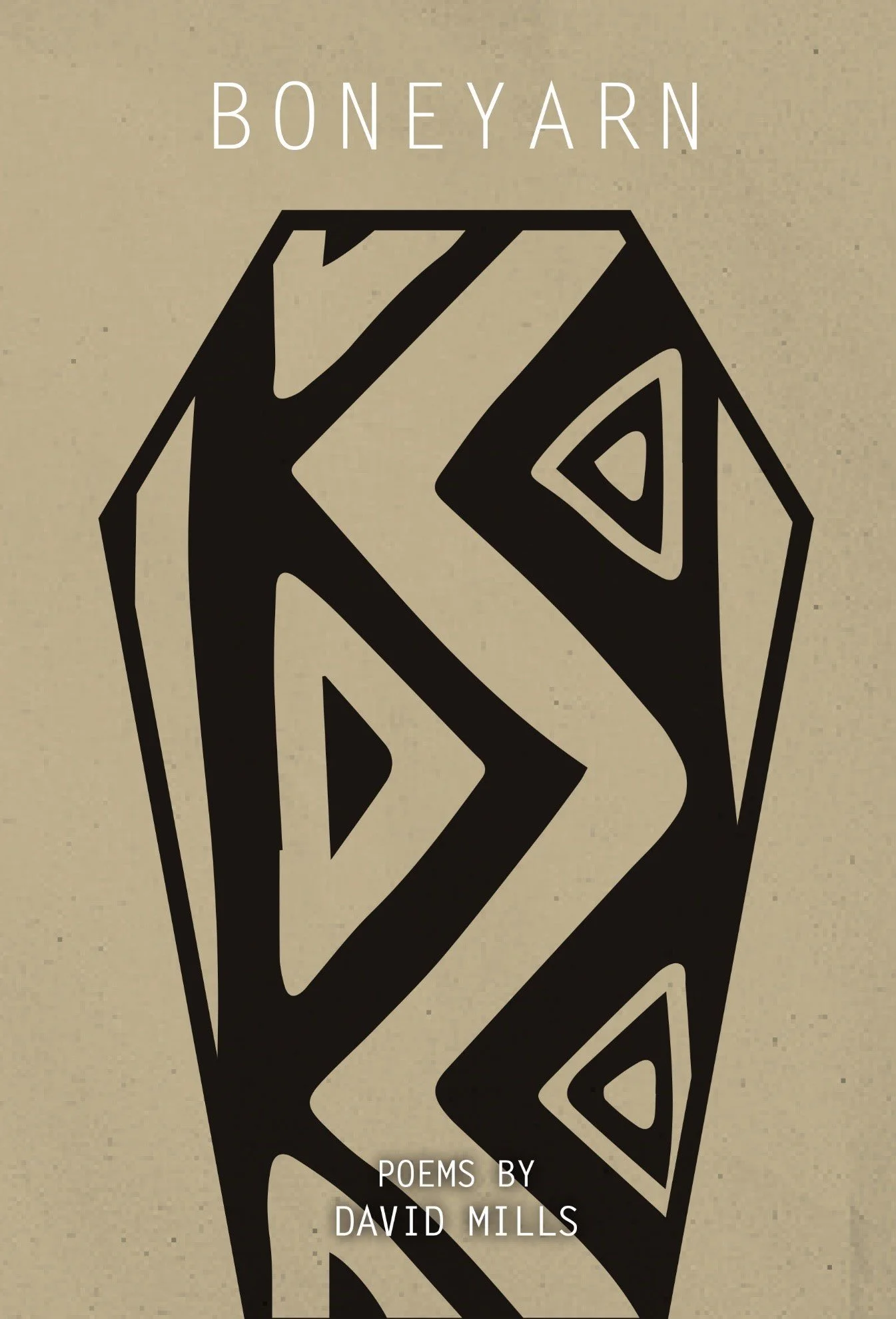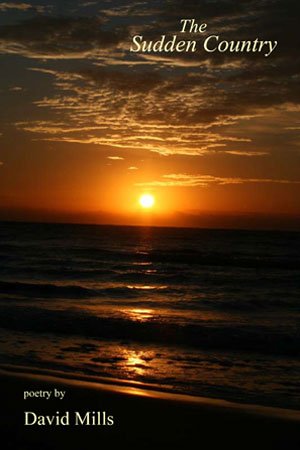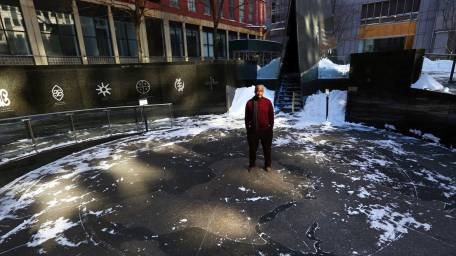Writer

Boneyarn
With meticulous, lyrical courage, David Mills, with makes a verbal monument to the fifteen thousand enslaved bodies buried in New York City’s African Cemetery. It is a work that required tears to write and tears to read, for Mills dodges nothing and records all with style and dispatch: deprivation, torture, hunger, death, and, after death, desecration. Here is our nation’s hell, founded in the shadow of Wall Street. For the 419 bodies unearthed when the site was discovered, only one whole name was found. Mills responds with a vision of real individuals that recalls both the invention of Blake and the humanity of Langston Hughes. A poet of heroic empathy, if he is a virtuoso in making language come to life in many registers, the heart of the book arrives in tender and loving conversations with the bones and in homages to America’s first black poets Jupiter Hammon (who was enslaved on Long Island, New York) and Phyllis Wheatley. Read it again and again and do not forget. Boneyarn is a brilliant, devastating, and important book.
-Rodney Jones, Kingsley Tuft Award winner
Reviews
Poet David Mills explores African Burial Ground, Jupiter Hammon at LI talks
David Mills stands in the Ancestral Libation Court at the African Burial Ground National Monument in Manhattan. Credit: Bruce Gilbert
By Joe Dziemianowicz
Special to Newsday
February 4, 2022 11:15 AM
"I’m looking for ways to make history sing," said poet David Mills.
In his latest collection, "Boneyarn," a volume of poems laced with grit and grace about Manhattan’s African Burial Ground — America’s oldest and largest known slave cemetery — he raises a stirring chorus of voices.
"To the 15,000 enslaved ancestors buried in Lower Manhattan, thank you for letting me sing a few notes of your necessary and too-oft-forgotten song," Mills acknowledges in the book released last year…


